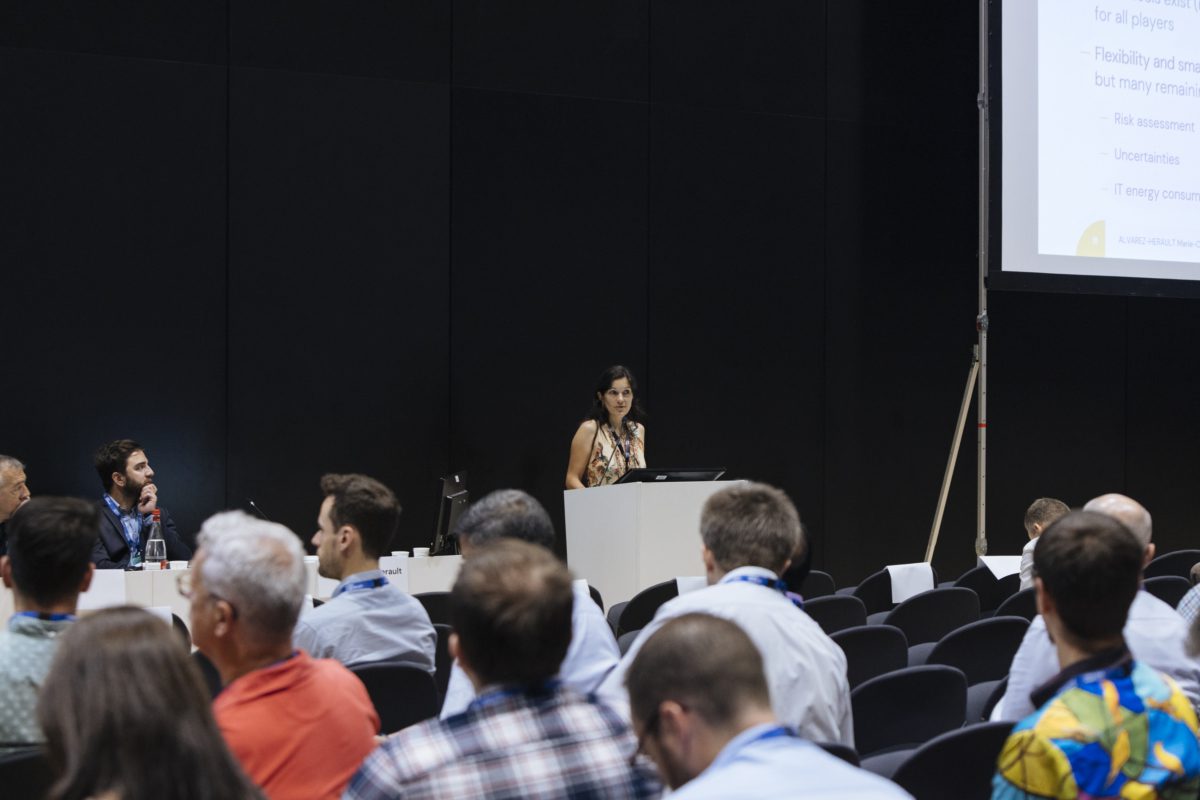Community
CIRED’s global network connects professionals, experts, and organizations passionate about the future of electricity distribution. Together, we drive innovation, share knowledge, and tackle the challenges of managing and modernizing power systems worldwide.
Whether through conferences, workshops, working groups, or digital events, CIRED provides an open platform to exchange ideas, showcase advancements, and influence the evolution of the industry.
Join us in shaping the future of electricity distribution!


